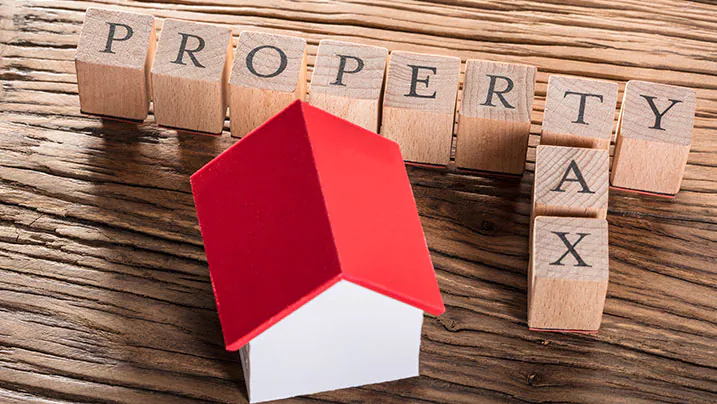Srinagar: The Jammu and Kashmir government has announced the rules for levy, assessment and collection of property tax from the residents of Jammu and Kashmir.
In a copy of the order accessed by Kashmir Newsville, the administration has said that the Taxable Annual Value (TAV) of a property under the Act and the property tax due thereon for a financial year shall be calculated in accordance with the formula given in Schedule-l to these rules (which are mentioned below).
Both residential and non-residential properties have been included in the collection of the property tax. The Ministry of Home Affairs (MHA) authorised the J&K administration to impose property taxes through Municipal Corporations, Municipal Councils, and Municipal Committees in October 2020.
The Jammu and Kashmir Municipal Act of 2000 and the Jammu and Kashmir Municipal Corporation Act of 2000 were modified by the MHA with the enactment of the Jammu and Kashmir Reorganization (Adaptation of State Legislation) Order of 2020.
These rules have been called Jammu and Kashmir Property Tax (Other Municipalities) Rules, 2023. The Property Tax on Residential Property will be 5% of Taxable Annual Value (TAV), while the Property Tax on non-Residential Property will be 6 % of Taxable Annual Value (TAV).
The order has, however, exempted all the properties owned by Central and UT Government from payment of property tax. Only service charge at the rate 3% of the taxable annual value has to be paid to the Municipality in respect of such properties.
Similarly, all the properties of the Municipality and all places of worship, including temples, mosques, gurdwaras, churches, shrines, etc and cremation and burial grounds have been exempted from payment of property tax.
The government has also exempted vacant lands, not appurtenant to a structure/building from property tax if there’s a Master Plan in force in the area, under which any construction/development on such vacant land is disallowed or if they have been put to agricultural use as per 6-monthly cropping surveys of the Revenue department.
It will be for the first time that such a proposal will be framed where the residents have to pay property tax on residential and commercial establishments.
Pertinently, the J&K was the only state in the country which was exempted from property tax. However, post abrogation of Article 370, the central laws were extended to the newly created UT and all the laws became applicable automatically.
According to a Srinagar Municipal Corporation (SMC) Corporator the SMC will call a session and will have the deliberations on the order.
“The SMC is the executive and implementing agency of the property tax. We can call a council and seek an amendment to this,” corporator Danish Bhat told Kashmir Observer.
He said the proposal was supposed to go through the SMC to the Government but now without informing SMC, the government has come up with the order.











